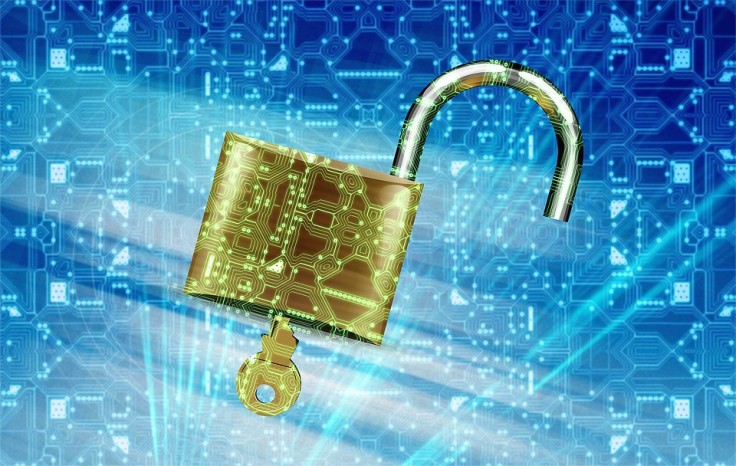
Biometrics and two-factor authentication are both crucial steps toward improved account security. It's a matter of convenience as well. After all, pressing your finger up against a scanner is less demanding than having to recall a password from your memory and type it in. But can the new technology become a replacement for passwords, or is it a mere alternative?
The Convenience of Biometrics
Coming up with a weak password is something that happens all the time. The less an individual knows about cybersecurity, the more it happens. Your fingerprint or face scan, meanwhile, is unique. It also consists of more variables than any of us can count.
Sure, it's possible to create near-unhackable passwords. But they can consist of 32 characters or more with numbers, special symbols, and uppercase letters thrown in. Can you consider such passwords practical due to their length and complexity?
Unlike a password or phone, your face or your fingers is something you carry around all the time. And they don't need you to memorize anything.
So far, you can often use biometric authentication as the gatekeeper that either grants or denies access to your smartphone. But you cannot use it instead of all the passwords. Many devices don't support biometrics, and it cannot replace the usual forms of encryption. For example, you cannot use biometrics to share encrypted files or unlock access to your router. Thus, passwords won't be going away quite yet, at least not in the foreseeable future.
You Can Change or Share a Password
But - you've guessed it - no one can say the same for biometrics. Sure, you can change the phone number for two-factor authentication, and you can share the code you receive with someone else. But if your fingerprint data or smartphone gets stolen, it can cause a lot more damage than good.
In fact, having your key stolen would be the least of your troubles when dealing with identity theft that may follow as a result. This alone should be enough to make you think twice before letting biometrics or 2FA be your only safeguard.
Want to ensure that a friend or a family member can use your device in an emergency? Well, with biometrics, that option is off the table. Meanwhile, passwords work everywhere, and anyone can use them. If you're in the direct vicinity of someone who wants to use your device, using biometrics to unlock the device is a walk in the park. But what if you're in another country, let's say? In this case, telling them your password would be far more comfortable than commuting all the way back for the sake of granting them access.
Thinking of Enhancing Rather Than Replacing
Neither passwords nor its alternatives are perfect for every occasion. Contrary to popular belief, cybercriminals can compromise biometric authentication. And there are plenty of methods to hack 2FA. Thus, the best course of action is to use security measures in conjunction.
That way, you stand the highest chances of being able to secure your device or account. The reason is simple. If a hacker ever finds out your password, in case you have another means of security in place, the password alone will do no good.
The more sensitive the data in question is (such as health and government records), the more protection it needs. And there's no doubt using biometrics and 2FA can enhance the security of devices, files, and accounts. But they do have some flaws, like using passwords or any other means of protecting data do.
Speaking of passwords, it's imperative to learn some basic ways on how to shield them and make them as secure as possible. For starters, make sure they are at least 8 characters long and contain numbers, uppercase letters, and special characters. If the idea of having to memorize such a password discourages you, you should use an iOS or Android password manager to store the passwords for you. That way, you'll only need to remember one master password to be able to access all the rest.
Conclusion
Think of biometrics and 2FA as an extra cybersecurity measure rather than a complete replacement for passwords. They can increase the level of security for anything you use them on. But the password should still be an underlying layer of protection to use in case other methods fail. That's why it's still relevant to create robust passwords and keep them safe. Is that what you're doing?
© Copyright 2025 Mobile & Apps, All rights reserved. Do not reproduce without permission.

















